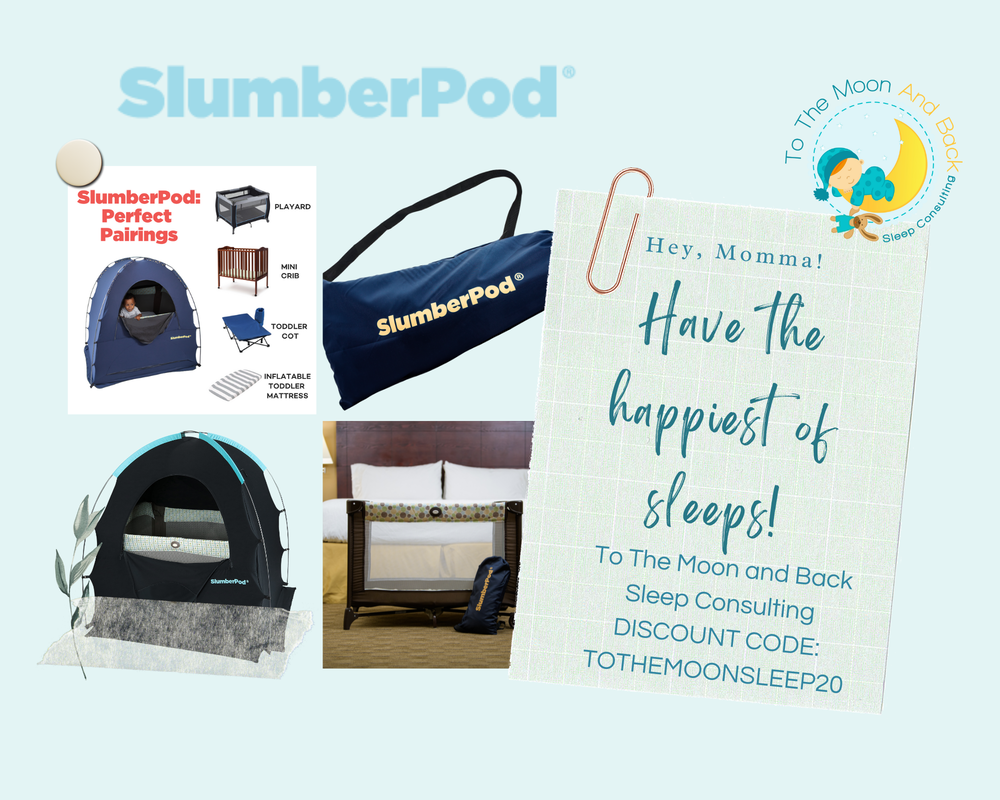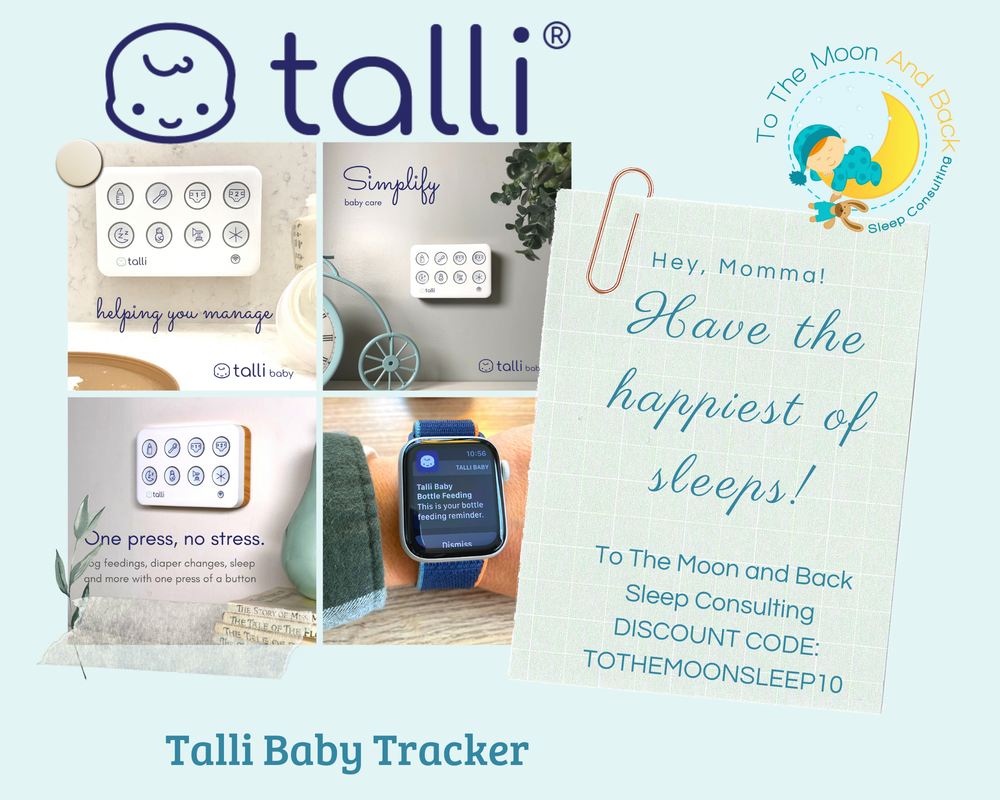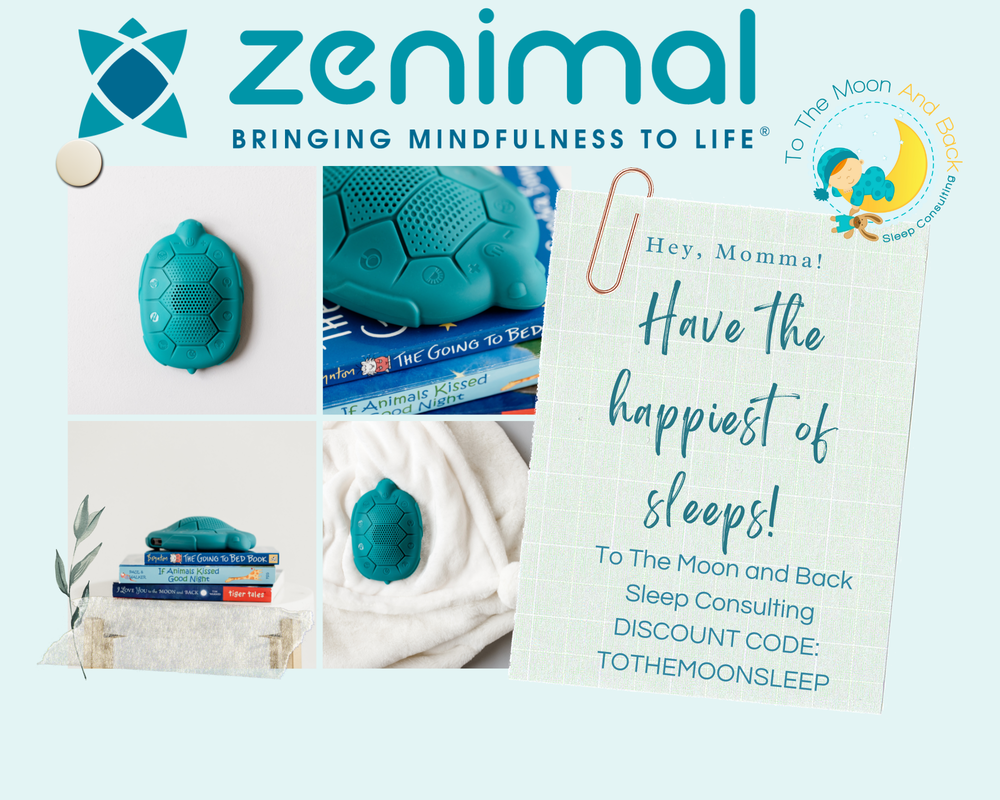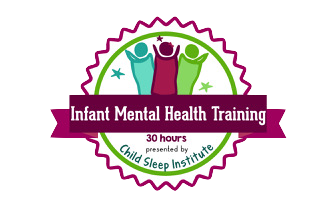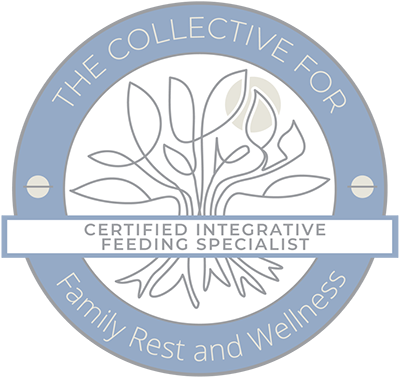|
One of the first things I ask my clients is if their little ones rooms are dark; and I mean is it 3 AM on a camping trip in the middle of nowhere dark? Is it as dark at 2 PM and 4 AM (in the summer months) as it is at Midnight in your child(ren)'s room? If not, that is one of my first recommendations, you need to make your little ones rooms black dark for all sleep situations, all year long. Having your child(ren)'s room dark has many benefits when it comes to sleep. Darkness can help prevent early morning wake ups, help prolong naps, as well as help to maintain much needed early bedtimes when the seasons change (and it's still daylight at 9pm); just to name a few. But it is clear that sleeping in darkness plays a much bigger role when it comes to our health. How? .... According to Richard G. "Bugs" Stevens (Professor, School of Medicine, University of Connecticut); "Today most people do not get enough sleep. The Centers for Disease Control and Prevention (CDC) has called insufficient sleep an epidemic. While we are finally paying attention to the importance of sleep, the need for dark is still mostly ignored. Being exposed to regular patterns of light and dark regulates our circadian rhythm. Disruption of this rhythm may increase the risk of developing some health conditions including obesity, diabetes and breast cancer." In addition Stevens points out that; "light regulates our sleep and wake patterns. The physiological processes that control the daily cycle of sleep and wake, hunger, activity levels, body temperature, melatonin level in the blood, and many other physiological traits are called the endogenous circadian rhythm." Why is this so important? Stevens goes on to explain that; "during the night, in the dark, body temperature drops, metabolism slows, and the hormone melatonin rises dramatically. When the Sun comes up in the morning, melatonin has already started falling, and you wake up. This natural physiological transition into and out of night is of ancient origin, and melatonin is crucial for the process to proceed as it should." Read Stevens full article here. So what do we do? BLACKOUT those windows!! Of course there are many ways to do this. Usually regular old blinds aren't enough. On a scale of 1-10; 10 being the darkest; your rooms should be a 10/10; this goes for your rooms as well Mom and Dad! For the longest time in my boys rooms I used to have regular blinds as well as blackout curtains with towels across the top of the curtain rods to stop the light from coming in along the ceiling and tinfoil along the outsides of the window pane to stop the sliver of light coming through from the blinds and curtains. Not the easiest of options, nor the most eye catching, lol, but it worked. They now have a great product on their windows that gives their rooms a 10/10 on the darkness scale all year round. My bedroom windows however, are lacking such status, they are pretty awful to be honest. I use a sleep mask to make it dark enough for sleep but that is getting tiresome. That is why I am so excited to try SleepOut Portable BlackOut Curtains. The reviews for this product are amazing, plus they are Canadian made! I cannot wait to get mine! Here's a little bit more about SleepOut Portable BlackOut Curtains from their website: "The patented, portable blackout curtain that completely darkens a room and installs anywhere for better sleep. Greenguard® and OEKO-TEX® certified free from harmful chemicals and substances." "The Sleepout Curtain’s fabric has the benefit of being thermal insulating. In the winter, reduce your heating cost and keep out the cold by having the Sleepout Curtain on your windows. On hot summer days, Sleepout’s white flocking backing will soak up the heat, letting you sleep in the proper cool, dark environment." Click the link below to get yours! Erin Neri About the AuthorI am the mother of two amazing little boys who did not come pre-programmed with the skills to sleep well independently. I knows how hard it is to function on little to no sleep, I understands how this impacts your ability to be the best version of the mom that you want to be. This is what led me to become a Certified Sleep Consultant and the founder of To The Moon and Back Sleep Consulting. I am also a member of the International Association of Professional Sleep Consultants. I have a background in Psychology and have worked with families and young children in many different settings for over 27 years. One of the best parts of my job is seeing the impact that TEACHING their little moon bugs healthy/independent sleep skills has on the momma's!! |
To The Moon and Back Sleep ConsultingProviding families the tools & support they need to get their little ones sleeping through the night and napping like champs! Everyone has more fun when they are well rested! Visit Wollino - Discount Code: TOTHEMOONANDBACK10
Browse
All
|
All information provided on this website, including texts, images, and other materials, are for informational purposes only and should not be considered a replacement for assessment or treatment by a healthcare provider.
© COPYRIGHT 2016-2024 TO THE MOON AND BACK SLEEP CONSULTING. ALL RIGHTS RESERVED. WAKING GIRL WEB DESIGN
© COPYRIGHT 2016-2024 TO THE MOON AND BACK SLEEP CONSULTING. ALL RIGHTS RESERVED. WAKING GIRL WEB DESIGN

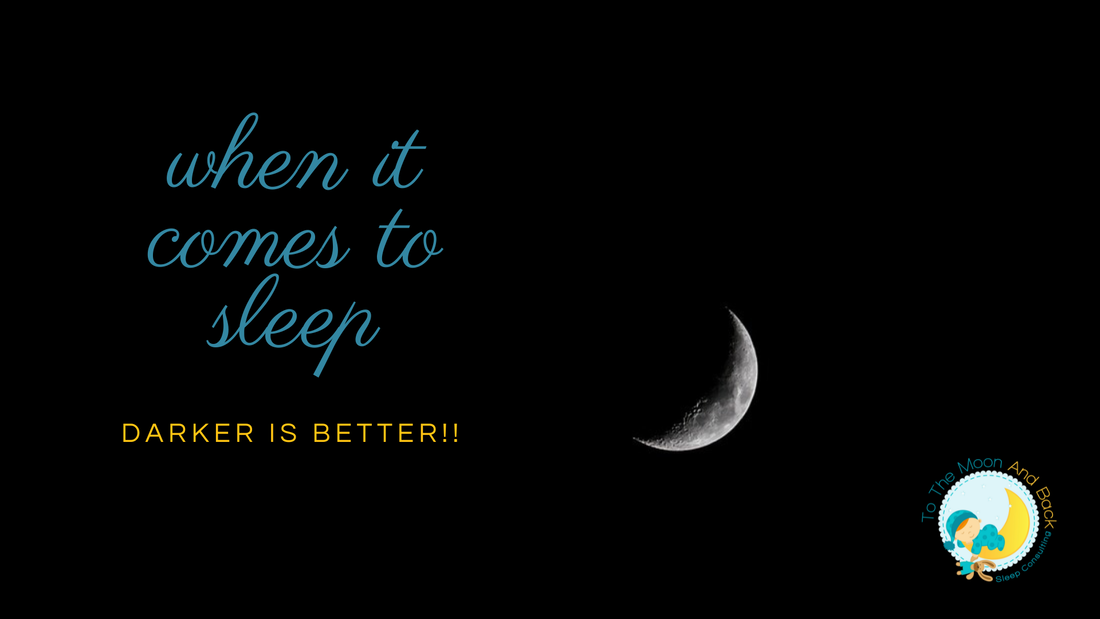

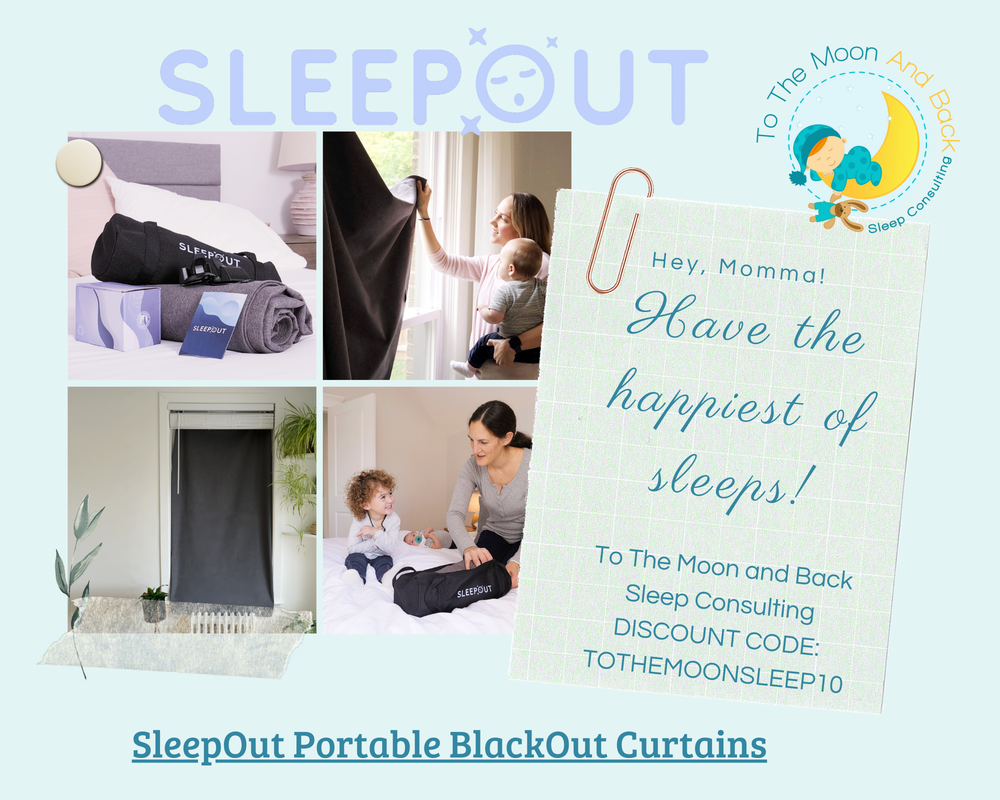
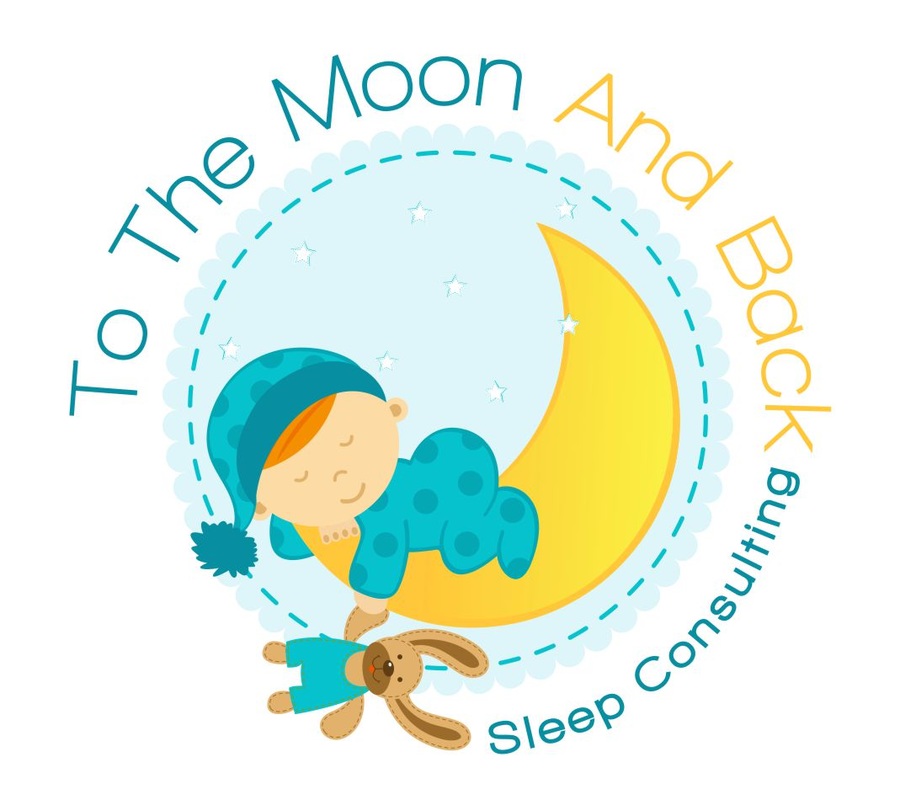
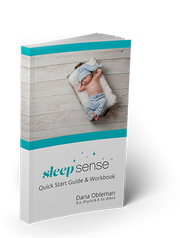
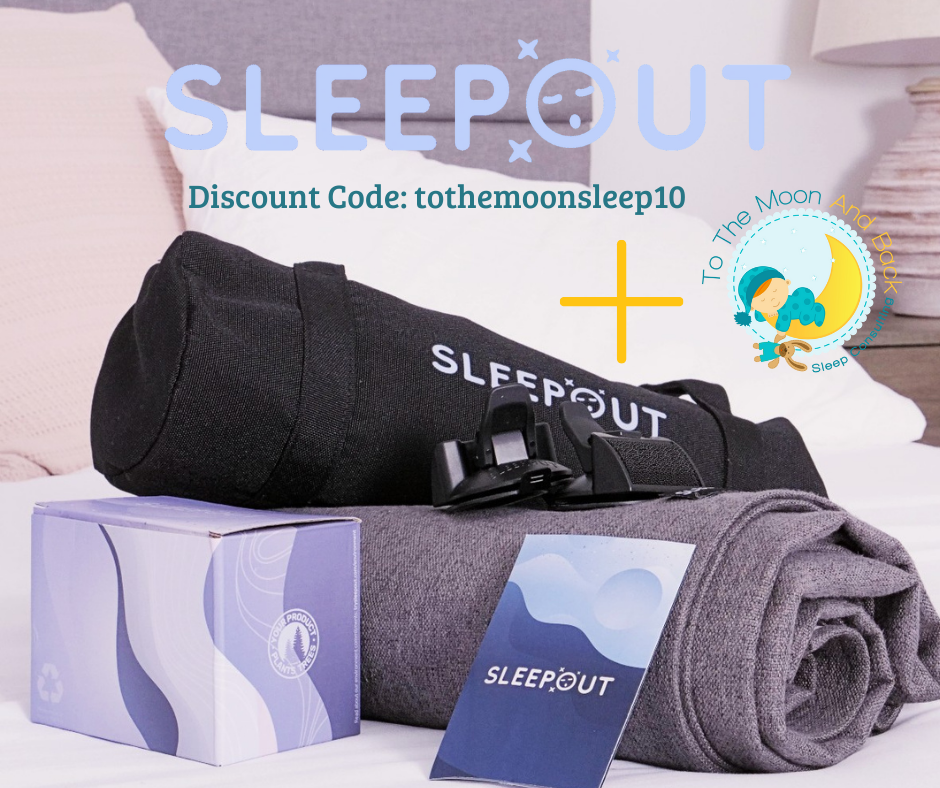


 RSS Feed
RSS Feed
